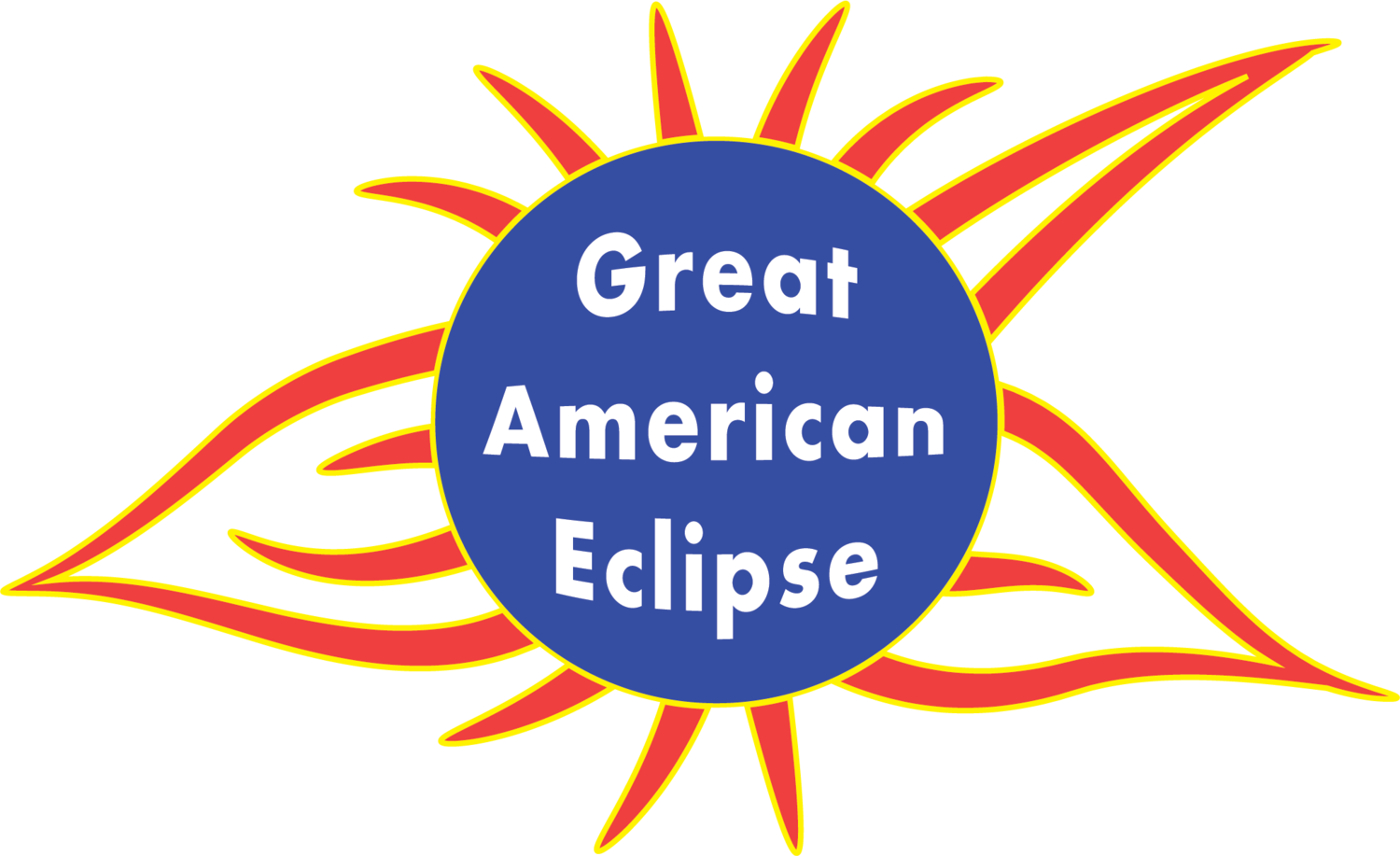Essential eclipse resources
These topical eclipse websites are highly recommended and supplement the information given on GreatAmericanEclipse.com. They are managed by leading experts on solar eclipses and give information both on the 2023 annular solar eclipse, the 2024 total solar eclipse, as well as other solar eclipses. All of these websites are all well worth your time to visit.
An invaluable portal to other eclipse-related websites and resources such as books, periodicals, citizen science projects, and much more is eclipse.aas.org by the American Astronomical Society. What is especially valuable on this authoritative website are the excellent instructions for safe viewing of the eclipse.
Michael Zeiler, the publisher of GreatAmericanEclipse.com, also operates eclipse-maps.com. The focus of eclipse-maps.com is on galleries of historic eclipse maps and newly published eclipse maps.
Kate Russo is a psychologist and eclipse chaser focusing on the psychological aspects of eclipses. Viewing eclipses is a fundamentally human activity that everyone, not just astronomers, can appreciate. Her website is BeingInTheShadow.com
One of our favorite eclipse books is American Eclipse by David Baron. The 1878 total solar eclipse was a key moment for American science. David tells a gripping story involving the search for a hypothetical planet inside Mercury’s orbit, the advancement of women in science, and a curious misadventure of the young Thomas Edison during totality.
Tyler Nordgren is a retired professor of astronomy and a gifted illustrator known for his wonderful posters of the night sky and eclipses.
A highly recommended book on the epic 1878 total solar eclipse across American is America’s First Great Eclipse by Steve Ruskin. This eclipse was pivotal in the development of American scientific institutions and public awareness of nature’s great sight.
Fred Espenak is today's world authority on eclipse computations and he manages several eclipse-related websites. Fred's newest website, EclipseWise.com, is the essential source for eclipse predictions.
Fred also operates mreclipse.com
which contains comprehensive eclipse information and photo galleries.
The essential eclipse weather website is eclipsophile.com by Jay Anderson. This is the go-to site for eclipse planning as well as short-term weather prognostications before eclipse day.
The United States Naval Observatory and the United Kingdom HM Nautical Almanac Office maintains this useful site for eclipse circumstances.
The portal for the International Astronomical Union (IAU) Working Group on Solar Eclipses is eclipses.info. You'll find a valuable collection of eclipse links here and reports of past expeditions. This is operated by Professor Jay Pasachoff of Williams College.
Xavier Jubier is a gifted developer of eclipse software and kindly supplied the eclipse calculator used to compute the eclipse circumstances shown on most of the maps on this website. From his website at xjubier.free.fr, you can access detailed maps and information for many eclipses.
Xavier also has built a useful portal to generate maps of 5,000 years of total solar eclipses.
A fascinating website full of scientific analysis of eclipses is Glenn Schneider's Umbraphillia. Glenn is an extreme eclipse chaser and has special expertise in developing flight plans for eclipses best seen from the air.
A very comprehensive page on resources for the coming eclipses is published by the Astronomical Society of the Pacific, which itself has origins from the solar eclipse of 1889.
A useful phone app is the Solar Eclipse Timer by Gordon Telepun which can be found at solareclipsetimer.com. This app comes with a companion book on observing and photographing a total solar eclipse.



















